Planning a trip to the United States of America? Whether you’re heading for business, tourism, or academic purposes, it’s essential to understand certain cultural, legal, and practical aspects of traveling to one of the most diverse and expansive countries in the world. Here’s a comprehensive guide covering 8 critical things every traveler must know before visiting the U.S., loaded with semantic keywords and insights to ensure a smooth and unforgettable experience.
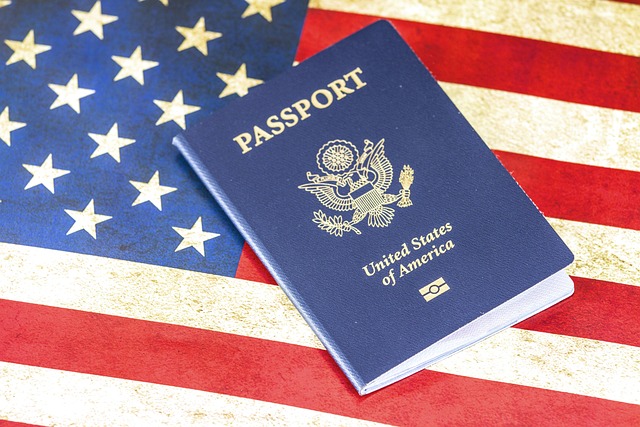
The U.S. has strict visa and immigration laws, and failure to comply can result in being denied entry.
-
Visa Waiver Program (VWP): Citizens from countries under the Visa Waiver Program can enter the U.S. for up to 90 days without a visa. However, they must apply for ESTA (Electronic System for Travel Authorization) online before traveling.
-
Non-Waiver Countries: Travelers from countries not covered by the VWP must obtain a visa appropriate to their travel purpose—tourist (B-2), business (B-1), student (F-1), or work visas.
-
Important Tip: Always carry proper documentation, including proof of return ticket, accommodation, and sufficient funds, as U.S. Customs and Border Protection may ask for these at the port of entry.

The U.S. does not have universal healthcare, and medical services are extremely expensive.
-
Emergency visits can cost thousands of dollars, even for minor treatments.
-
It is strongly recommended to purchase comprehensive travel health insurance that includes emergency medical evacuation and repatriation.
-
Some hospitals may require proof of insurance or upfront payment before treating non-life-threatening conditions.
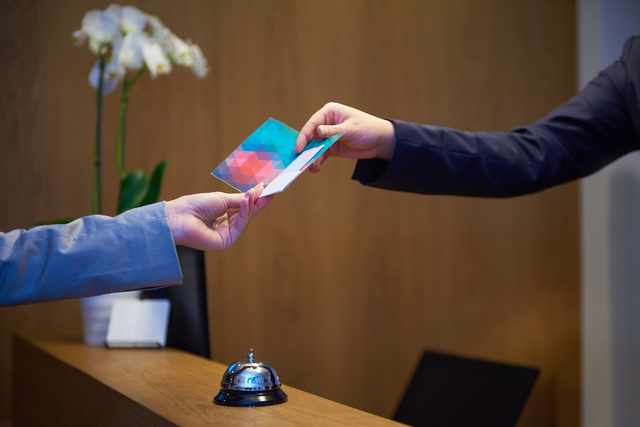
Tipping is deeply ingrained in the American service culture. Failing to tip may be considered rude.
-
Restaurants: Tip 15-20% of the pre-tax bill. Some places automatically add gratuity for groups of six or more.
-
Taxis and ride-shares: Tip drivers 10-15%.
-
Hotel staff: Tip bellhops $1–$2 per bag and housekeeping $2–$5 per day.
-
Salons and spas: Tip stylists and therapists 15–20%.
Most service workers rely heavily on tips as part of their income, so it's more than just etiquette—it's a social norm.

The U.S. is a mix of diverse cultures, yet certain social behaviors are commonly expected:
-
Personal space is important; standing too close may feel intrusive.
-
Small talk is common in public spaces like stores and elevators.
-
Punctuality is appreciated in both social and professional settings.
-
Public displays of aggression, shouting, or pushing are considered unacceptable and may lead to legal trouble.
-
Dress codes vary by region, but generally, casual wear is acceptable in most informal settings.
Understanding these unwritten social rules enhances your experience and interactions in the U.S.
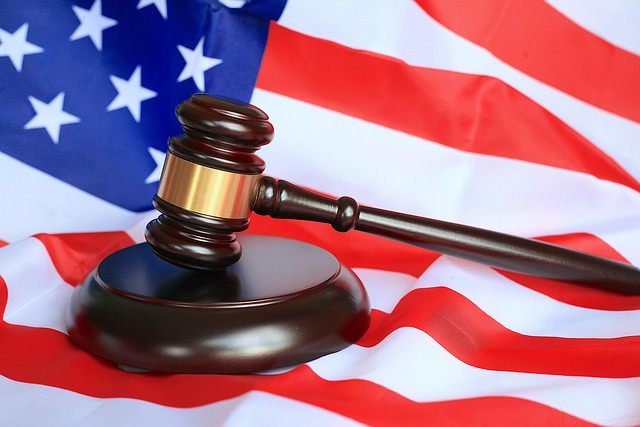
Laws in the U.S. vary by state, county, and even city, so what’s legal in one place might not be in another.
-
Alcohol laws: The legal drinking age is 21 across all states. In many areas, it's illegal to drink alcohol in public places.
-
Cannabis: Legal in some states but strictly illegal under federal law. Don’t carry it across state lines.
-
Jaywalking, littering, or even smoking in public areas can result in fines.
-
Never joke about weapons, bombs, or terrorism, especially at airports—you can be arrested immediately.
Always research the laws of the state you’re visiting to avoid legal issues.
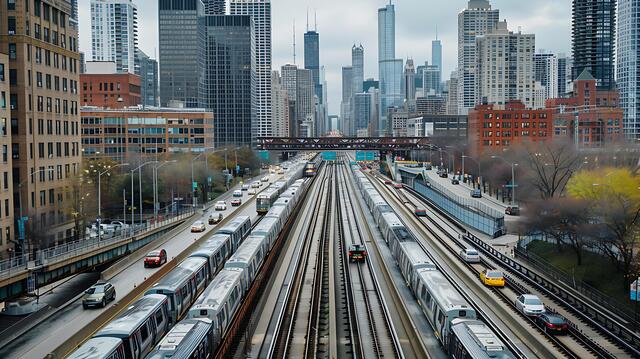
Public transportation varies widely across the U.S.
-
Major cities like New York, Chicago, and San Francisco have robust subway and bus systems.
-
However, many American cities are designed for cars, and public transport can be limited or non-existent.
-
If you're planning to explore rural areas or national parks, renting a car is almost essential.
-
Be aware of traffic laws, including right turns on red, speed limits, and seatbelt requirements.
One of the most confusing aspects for visitors is sales tax, which is not included in the price tags you see in stores.
-
Sales tax rates vary by state, ranging from 0% to over 10%.
-
What this means: If you buy an item labeled $9.99, your final cost could be $10.70 or more.
-
Tipping and tax are added on top of menu prices at restaurants, too.

The U.S. is relatively safe for tourists, but awareness is key.
-
Emergency number: Dial 911 for police, fire, or medical emergencies.
-
Always stay in well-lit, populated areas, especially at night.
-
Avoid showing large amounts of cash or valuables in public.
-
Tourist scams exist in crowded areas—be cautious with unsolicited help or offers.
-
Many U.S. cities have homeless populations, especially in downtown areas. Be respectful and avoid confrontations.
Download apps like Google Maps, Uber, and Yelp for safety, directions, and finding reliable services.
Tips for an Enjoyable U.S. Trip
-
Time Zones: The U.S. spans six time zones. Check local time when booking flights or meetings.
-
Wi-Fi and SIM Cards: Free Wi-Fi is common in cafes and airports. Consider buying a U.S. SIM card or international plan for mobile data.
-
Electricity: Voltage in the U.S. is 120V/60Hz with Type A/B plugs. Bring an adapter if your devices differ.
-
Food Portions: Restaurant servings are often very large—don’t hesitate to share or take leftovers.
-
Language: While English is the primary language, Spanish is widely spoken, especially in southern and western states.
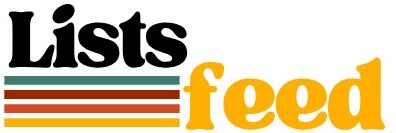
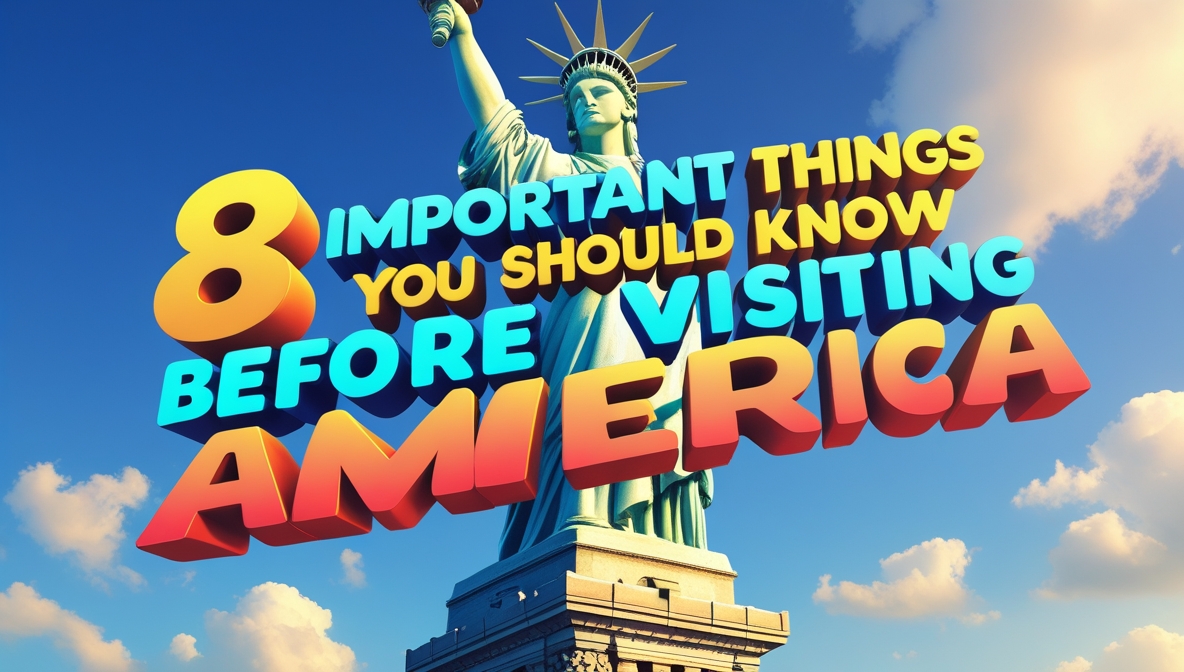




Be First to Comment